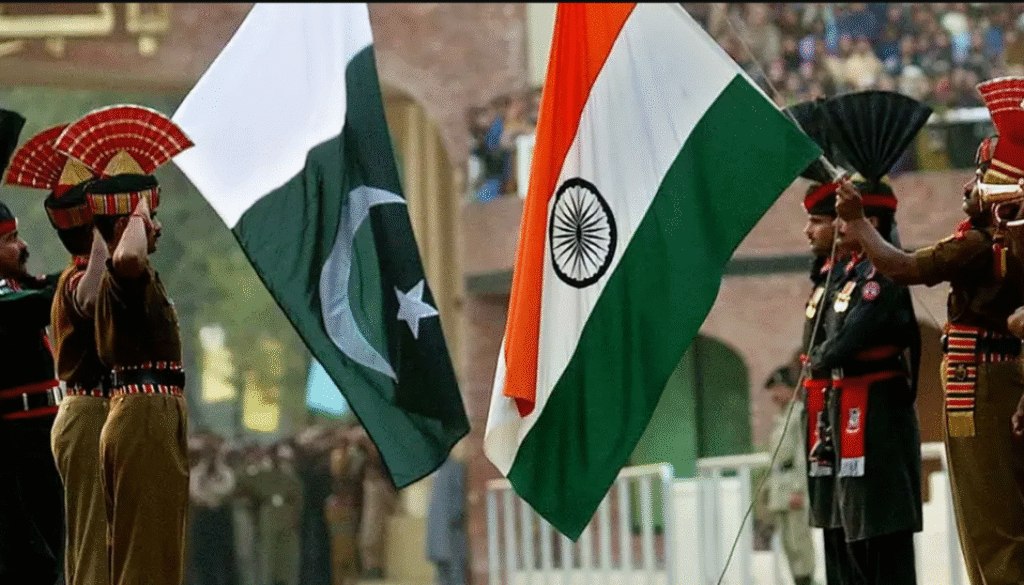India and Pakistan Agree to Ceasefire After Escalation at Border
After several days of heightened tensions and deadly cross-border exchanges, India and Pakistan have agreed to a ceasefire, signaling a significant moment of restraint between the two nuclear-armed neighbors. The move comes following an escalation of hostilities along the Line of Control (LoC) in the disputed region of Kashmir.
Ceasefire Brings Hope Amid Rising Tensions
Both nations have confirmed the ceasefire through official military statements, pledging to uphold the 2003 ceasefire agreement that has been violated numerous times over the years. This recent flare-up involved artillery and mortar shelling, reportedly resulting in both military and civilian casualties on either side.
A Diplomatic Victory?
While the ceasefire is being welcomed globally as a de-escalation tactic, regional experts caution that long-term peace depends on broader dialogue and structural reforms in India-Pakistan relations. Recent backchannel talks, reportedly facilitated by third-party nations, may have played a role in helping the two sides reach an understanding.
Kashmir: The Ongoing Flashpoint
The region of Kashmir remains the core issue between the two countries. With both India and Pakistan claiming the territory in full but controlling parts, the LoC has frequently been a hotspot for military exchanges. This latest ceasefire offers a brief but meaningful pause in hostilities, giving civilians on both sides some respite.
International Reactions
The ceasefire has been welcomed by global powers, with the United Nations and countries like the U.S. and China urging both sides to use this opportunity to further peace through dialogue and diplomatic engagement. Human rights groups have also called for increased transparency and accountability in the region.
The Road Ahead
While the ceasefire is a critical first step, lasting peace in South Asia will require sustained political will, mutual trust-building, and concrete steps to resolve the underlying issues that continue to fuel conflict. The coming weeks will be pivotal in determining whether this ceasefire holds—or becomes yet another temporary pause in a long history of confrontation.
This development has reignited conversations about the importance of peace-building mechanisms in South Asia, especially between two nations with a legacy of conflict and the ever-present threat of escalation.



